

Ivan Anguélov is a Bulgarian conductor who bills himself as a Dvorák “specialist”, and with good reason: These are superb performances. Indeed, as a cycle,
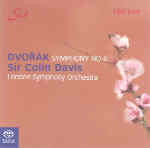
Unlike Colin Davis’ disappointing remakes of Dvorák Symphonies 7-9, this Sixth bespeaks the freshness of a new discovery, which (discographically speaking) it is for Davis,
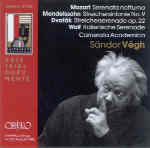
Founder and leader of the Végh Quartet for 40 years, Sándor Végh also excelled as a solo violinist and as a conductor who delivered insightful
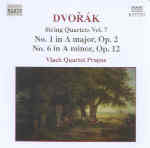
Dvorák’s First Quartet, though later revised by the composer, is something of a marvel–a beautiful, rather Schumannesque piece full of good tunes. And contrary to
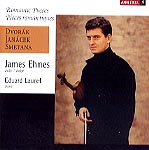
Who knew violin virtuoso James Ehnes was a pianist! He demonstrates his facility for the keyboard on this disc’s final track, a decently played, heartfelt
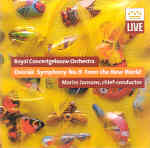
I feel about this disc the same way I do about many of the LSO’s productions (and San Francisco’s, and Hallé’s). I think it’s a
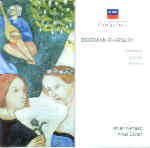
István Kertesz was a pro when it came to this music, and even though the Israel Philharmonic in the early 1960s wasn’t the best of

One of the most reliable of conductors, Jean Martinon always can be counted on to treat “light” music with the same unfailing musical virtues of
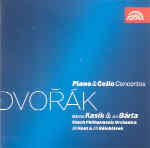
This is a disappointing release. Pianist Martin Kasík lurches though the Piano Concerto with none of Moravec’s elegance or Firkusny’s commanding classical poise, and he
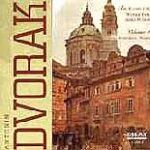
Volume 4 of pianist Inna Poroshina’s complete Dvorák piano music cycle is entirely devoted to the Poetic Tone Pictures Op. 85. The cycle’s 13 pieces
![]()
